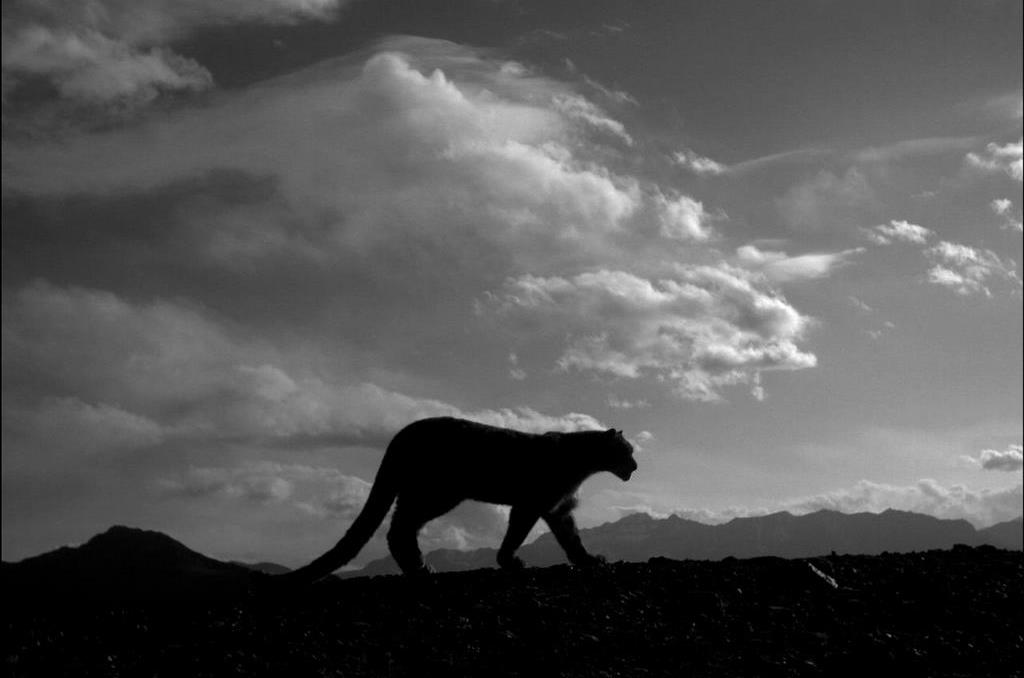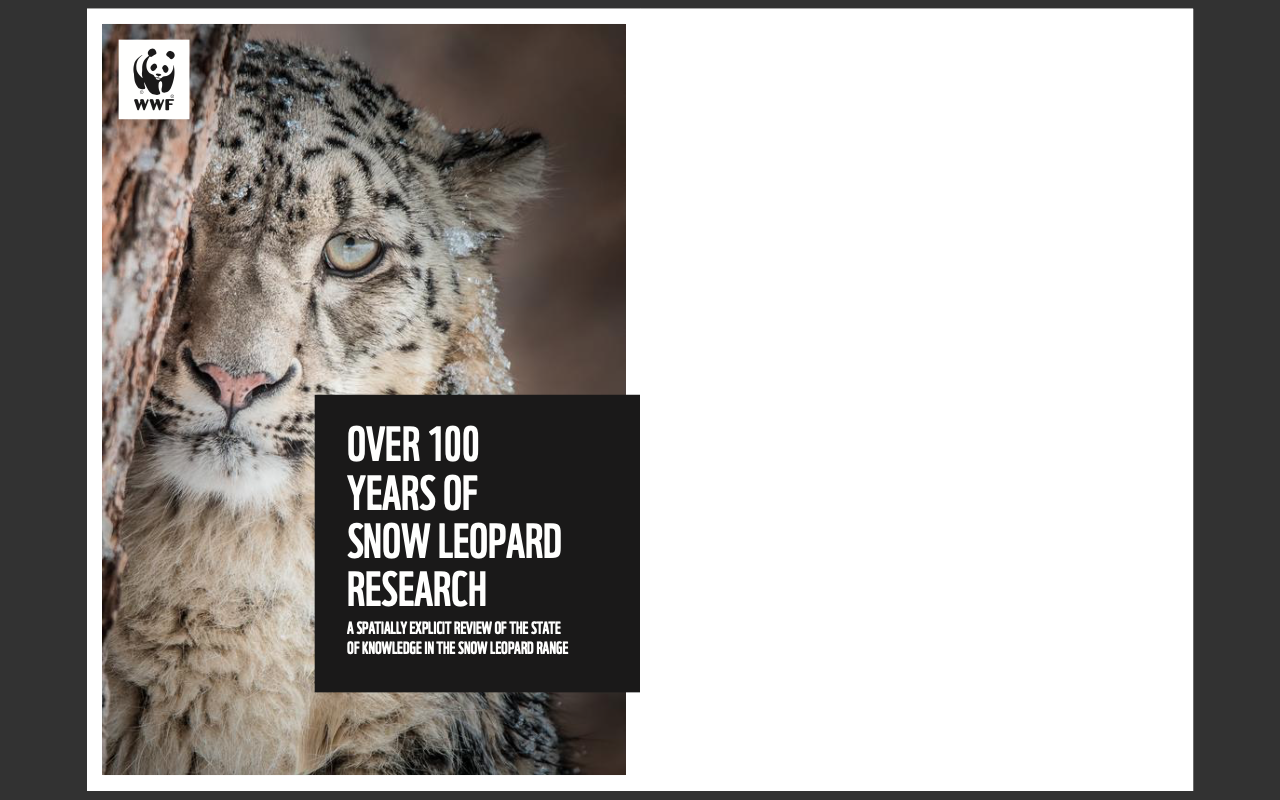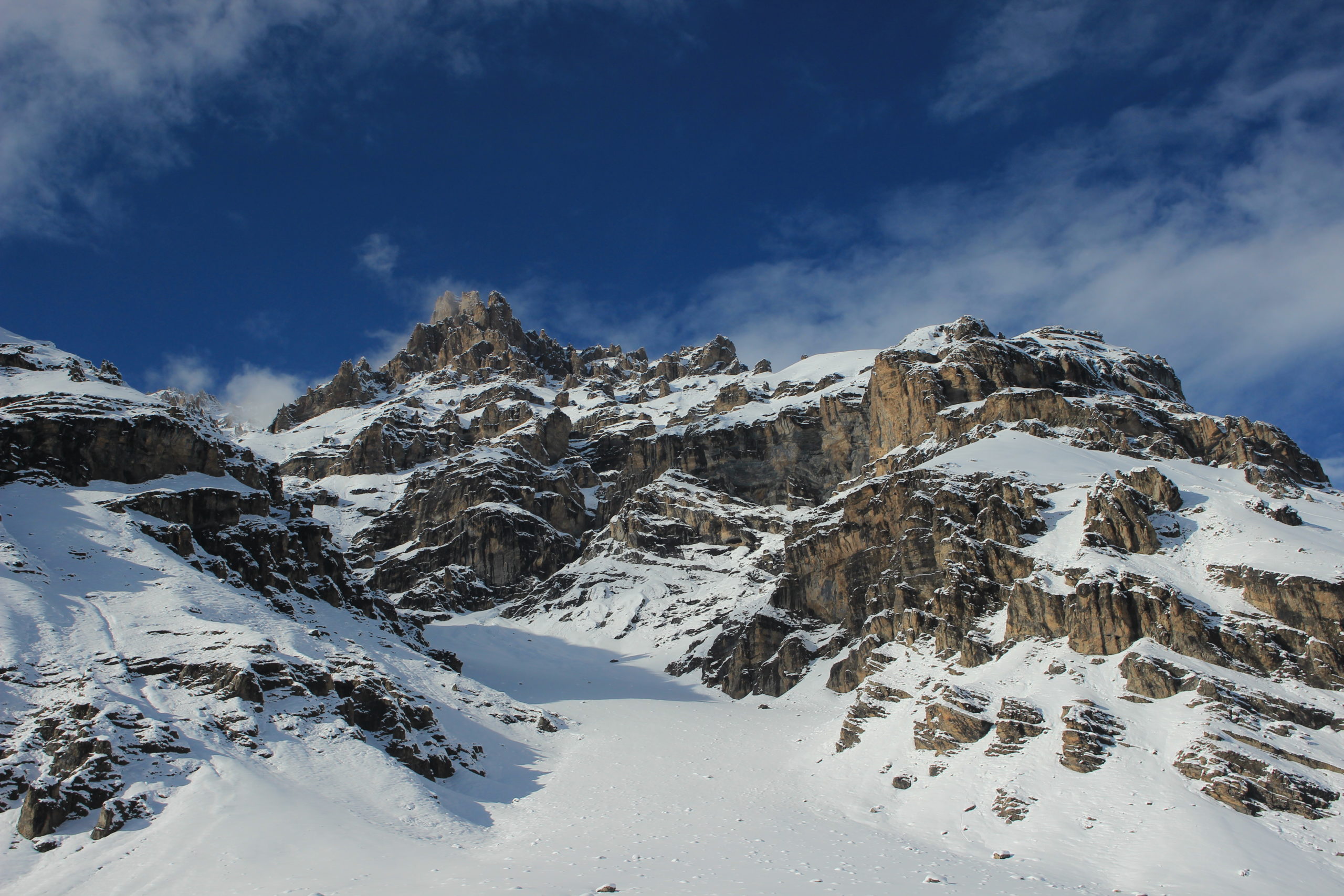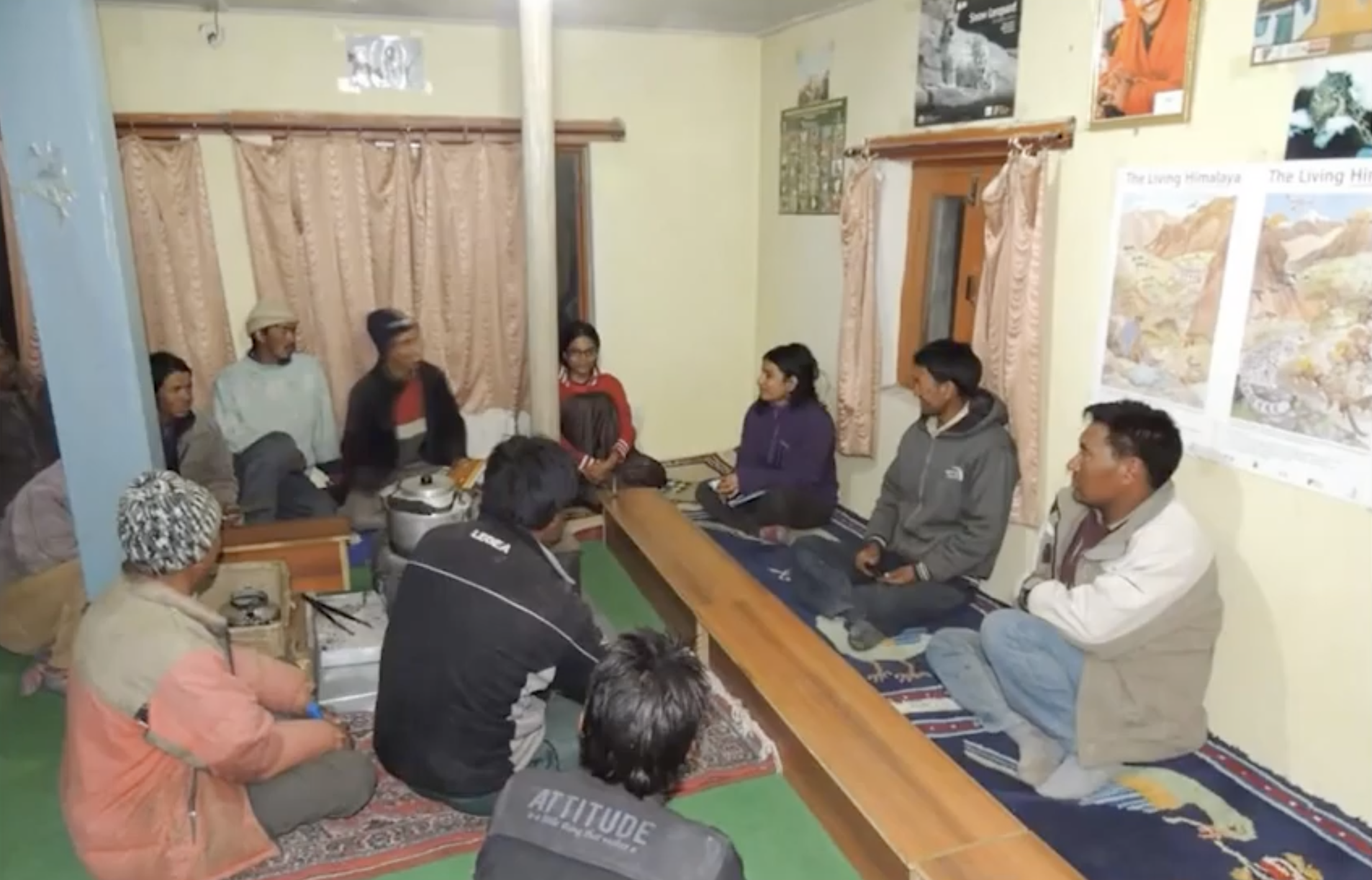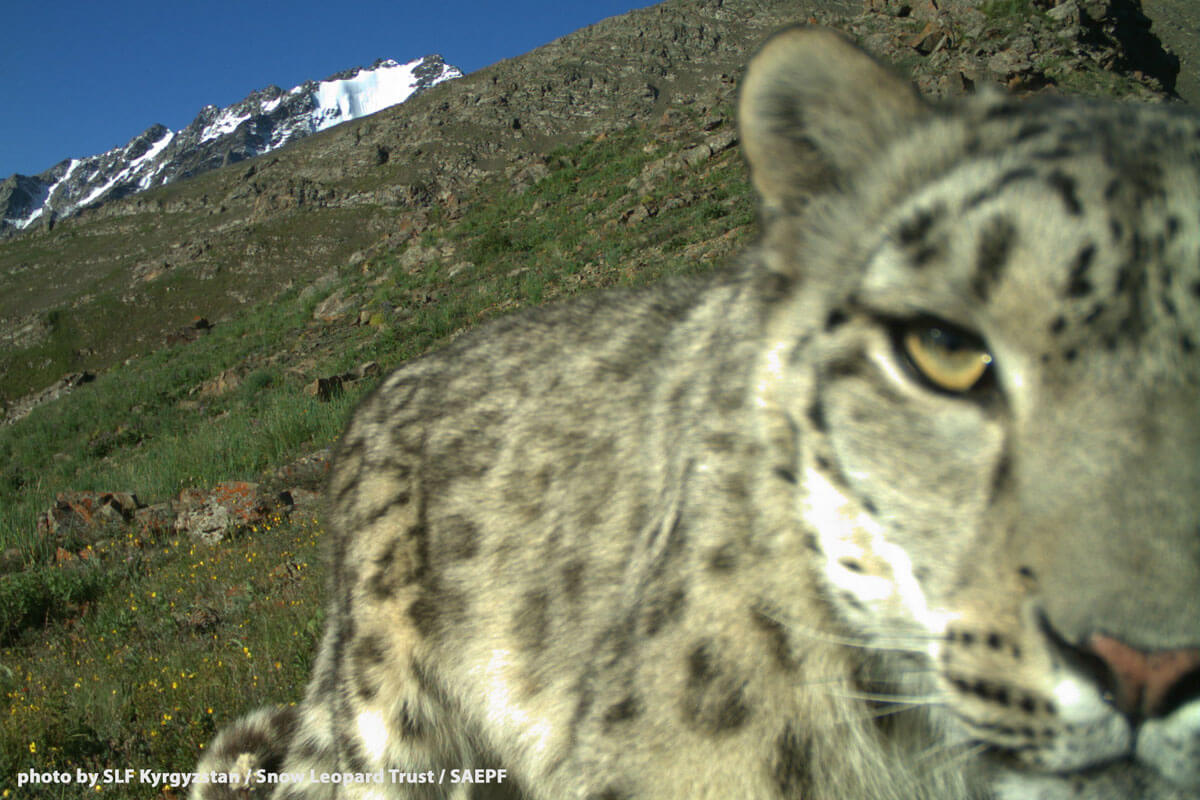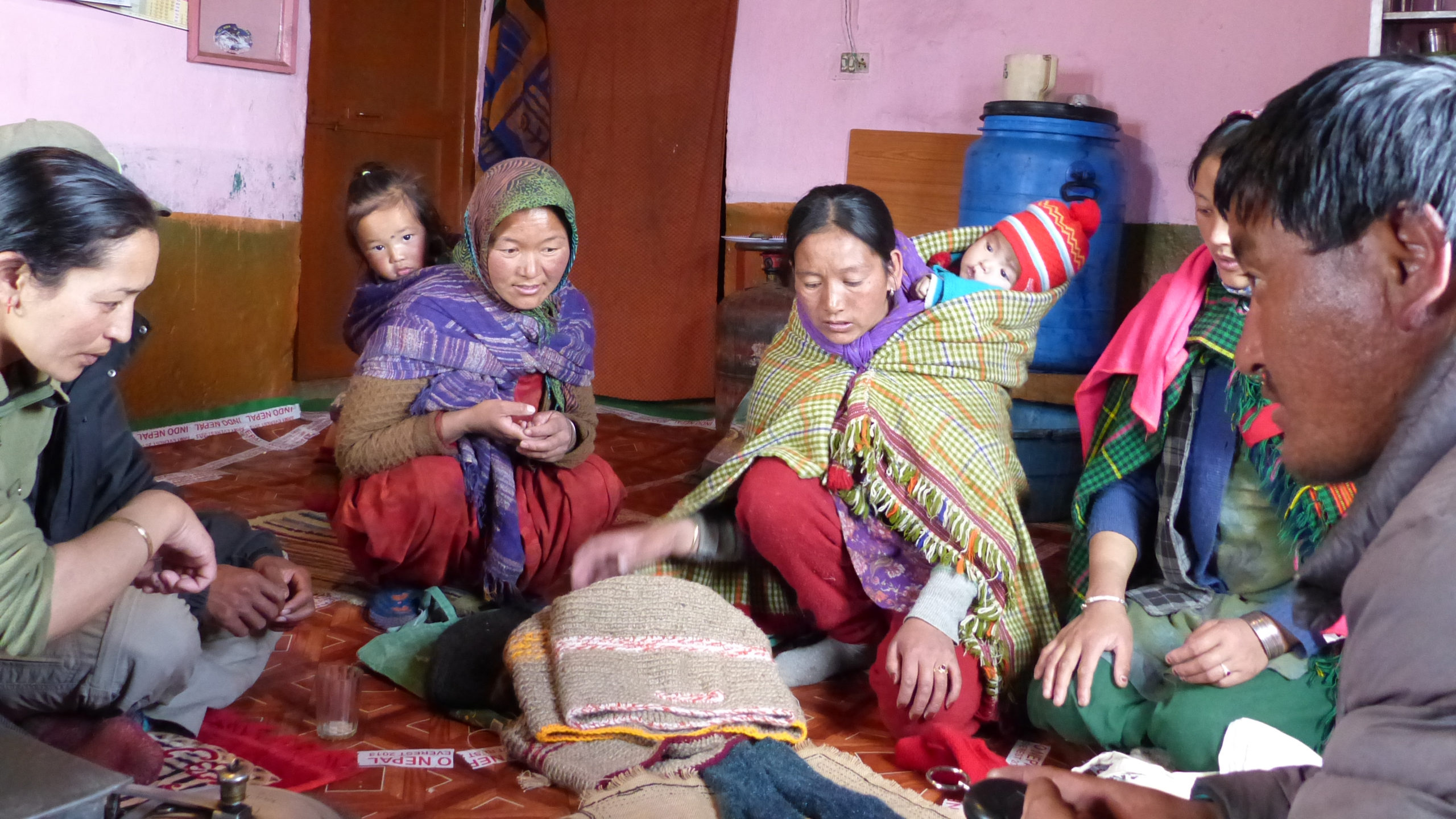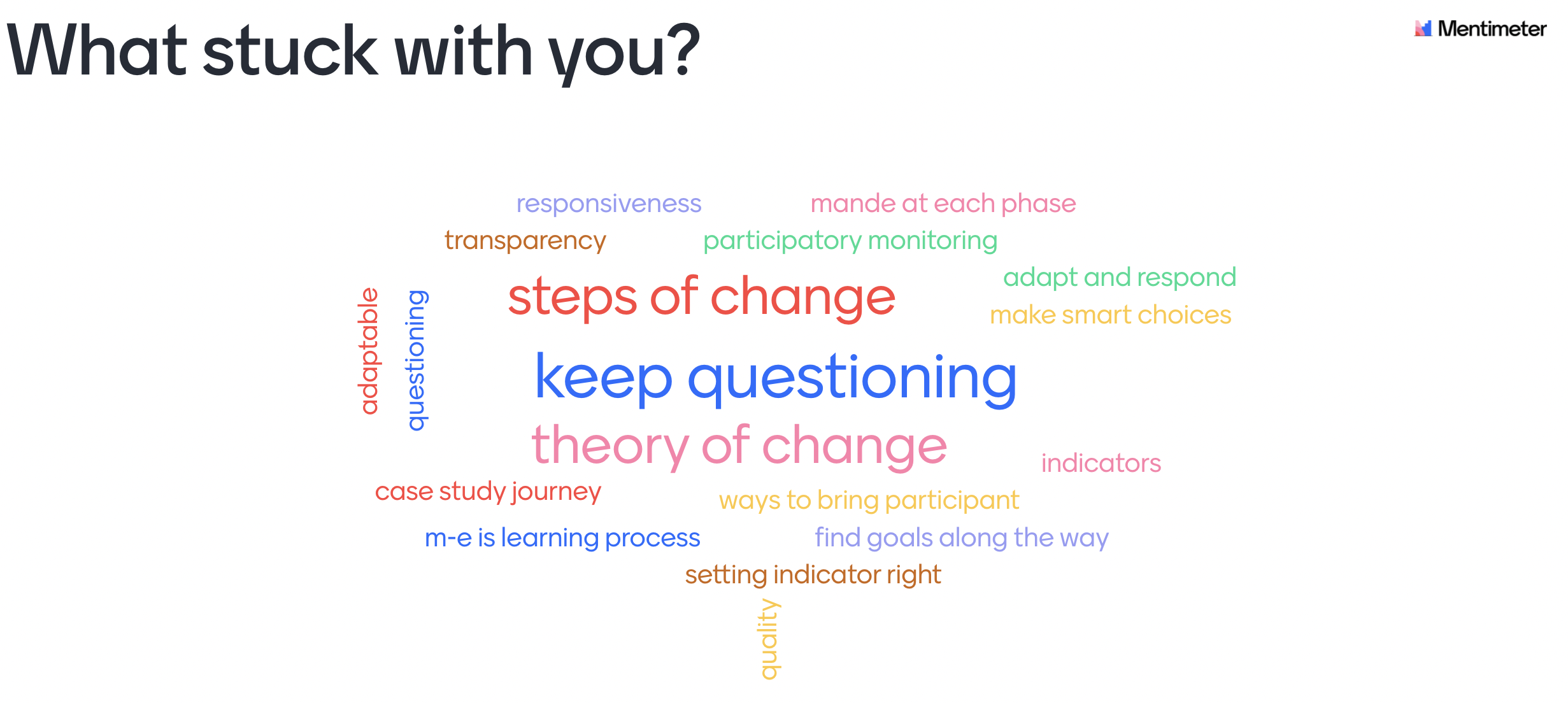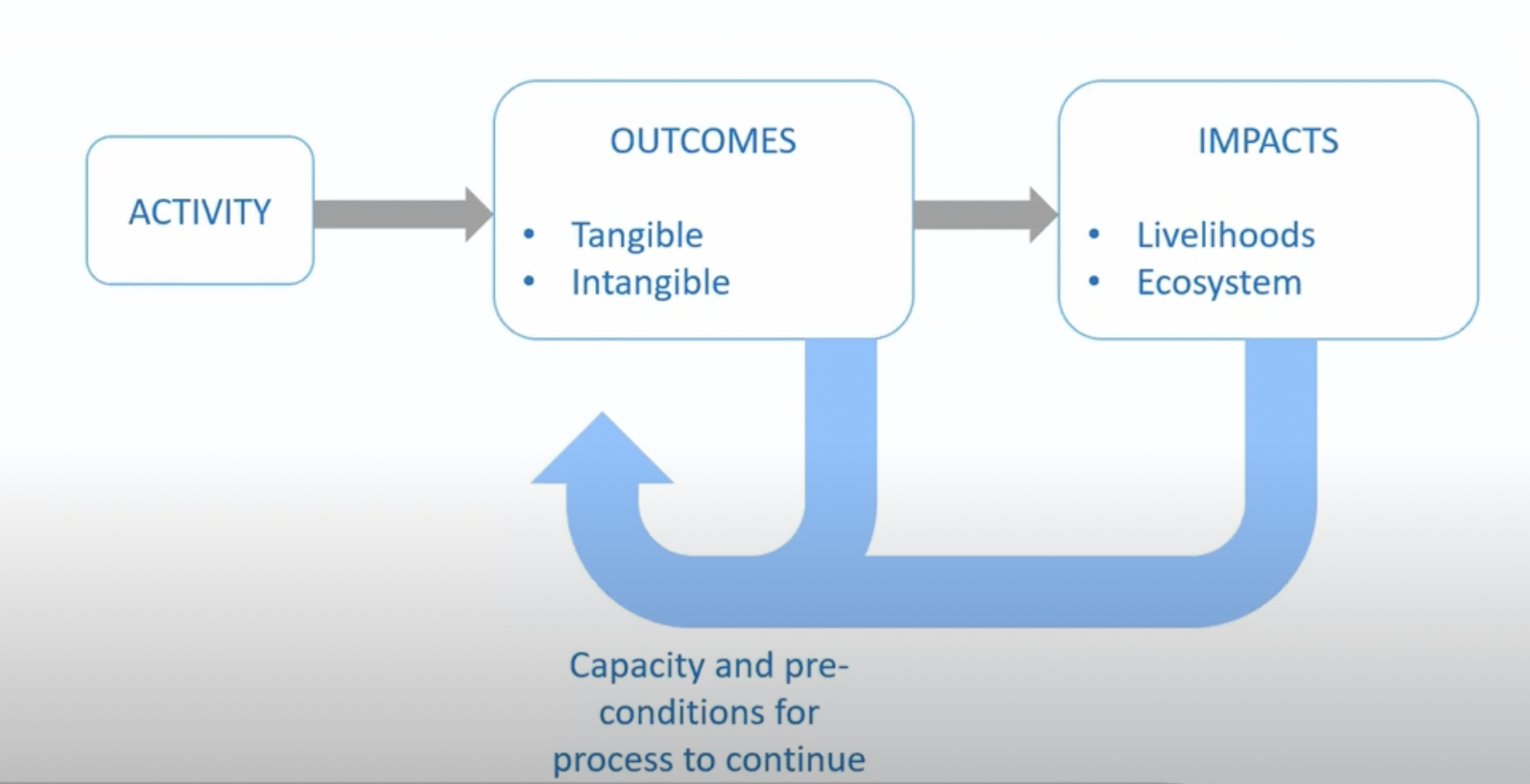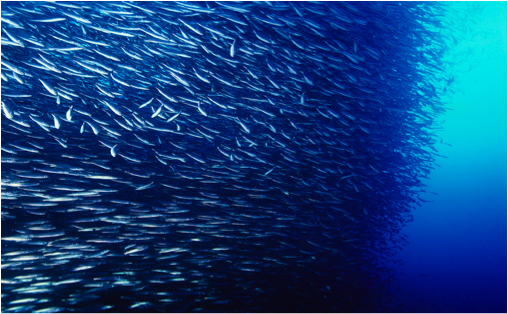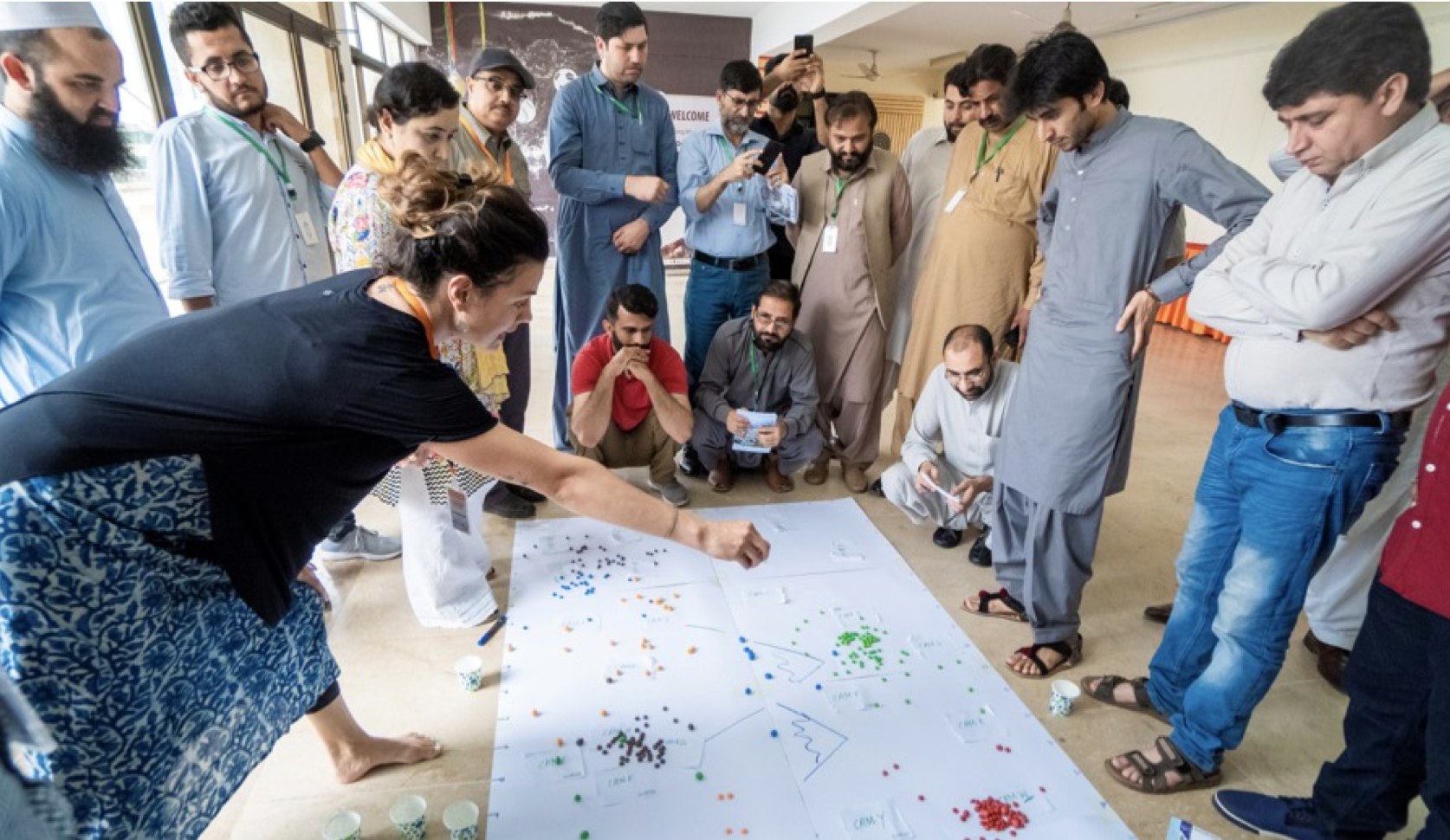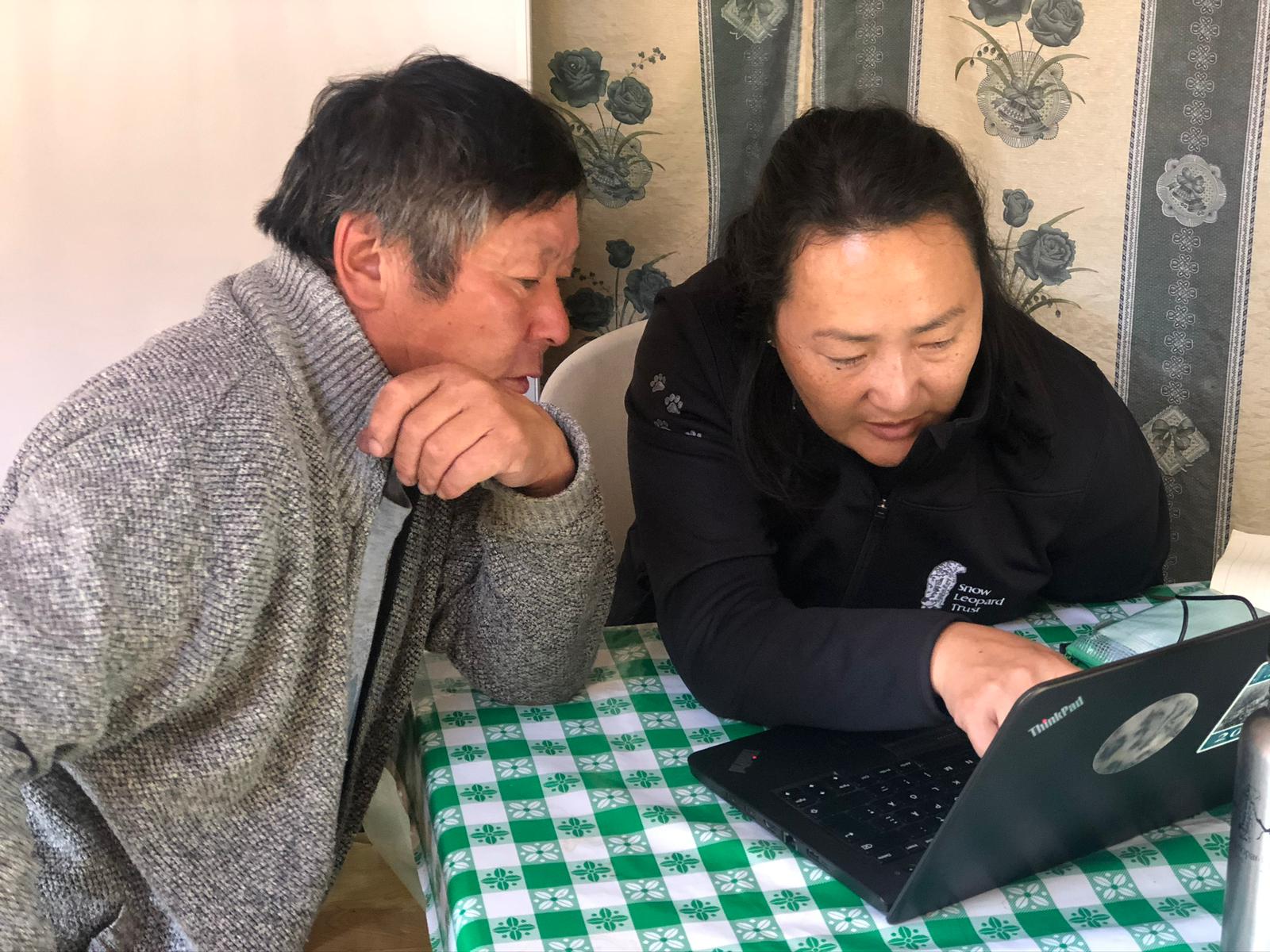 The Snow Leopard Network (SLN) is a worldwide network dedicated to facilitating the exchange of information and insights around snow leopards. It strives to “link up to scale up” efforts and thereby enhance the impact of snow leopard conservation investments.
The Snow Leopard Network (SLN) is a worldwide network dedicated to facilitating the exchange of information and insights around snow leopards. It strives to “link up to scale up” efforts and thereby enhance the impact of snow leopard conservation investments.
Very much in this ethos, SLN is excited to announce an annual ‘open-access’ newsletter entitled ‘Snow Leopard NEWS’. Through a series of short notes and research contributions, the aim of the newsletter is to collate and make available the latest information on snow leopard ecology and conservation. Its ambit includes not only the snow leopard, but also its prey and carnivores that share the landscape with this majestic cat. Snow Leopard NEWS is also committed to featuring innovative conservation practices and policies which address threats impacting snow leopard habitats. Snow Leopard NEWS is especially committed to showcasing work that is undertaken by conservation practitioners at different levels across the snow leopard landscapes.
Three types of contributions are welcome: Field Notes, Short Notes and Notes from the Conservation Frontline. You can find more about each of these categories and the submission process here. Contributions will be finalized by an editorial team using a peer-review process. Snow Leopard NEWS will be published once a year, but ‘early view articles’ will be published online at an earlier date.
The call for Snow Leopard NEWS is now open: for the period June 1st 2021 – December 1st 2021. The first issue is expected to be out in the first half of 2022.
We are thrilled with this endeavor and we sincerely hope this will allow for greater collaboration, communication and sharing of knowledge feeding into stronger and more effective conservation efforts in the field. Do feel that Snow Leopard NEWS is where you can share latest ideas and developments from your and colleagues work. We are excited to see your contributions!
Visit our website for more information: www.snowleopardnetwork.org/snow-leopard-news/

